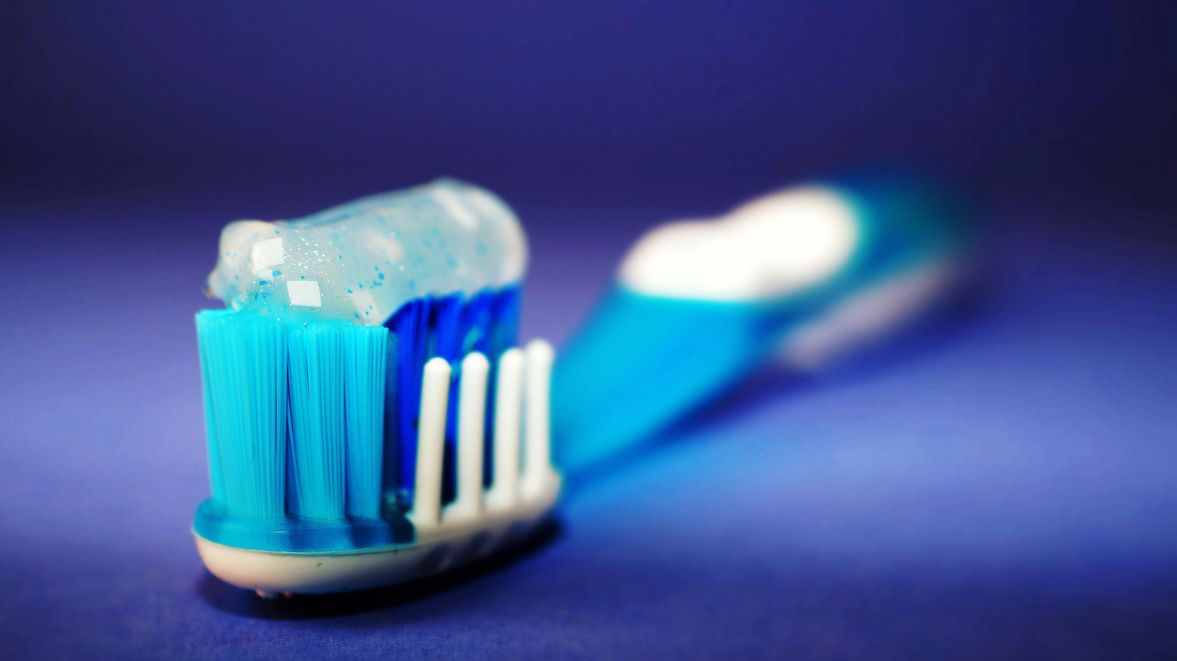
Warrior Diet Meal Plan: Embrace Your Inner Warrior
Are you ready to tap into your inner warrior and achieve your weight loss goals?Let's dive into the Warrior Diet meal plan—a powerful and straightforw...

Ladies, if you’re like the estimated 16% of women who practice intermittent fasting, you may have wondered - does brushing teeth break a fast? It’s a valid concern, especially when you’re striving to reap all the benefits intermittent fasting can offer, such as an average 7% decrease in visceral fat after 6 months according to one study. But fear not! We’re about to dive deep into the truth about oral hygiene and fasting so you can brush away those worries.
Before we tackle the tooth-brushing dilemma, let’s quickly review what constitutes breaking a fast. The basic rules of intermittent fasting dictate that you should avoid consuming any calories or digestible ingredients during your fasting window.
Why? Because ingesting just 50 calories can increase insulin levels by up to 51% and negate the metabolic benefits of fasting.
Here’s the good news, ladies: brushing your teeth with plain water does not break your fast! Water has zero calories and no digestible components, so it won’t kick your body out of that coveted fasted state. Plus, it contains no ingredients that could spike your insulin levels - critical when over 25% of U.S. women have prediabetes.
Now, here’s where things get tricky. Most conventional toothpastes contain 0.3-1.1% sweeteners like saccharin or sucralose, flavorings, and thickening agents – all of which could potentially provide up to 2-5 calories per brushing or trigger an insulin response. And we know even small calorie amounts under 50 can impact fasting.
However, not all toothpastes are equal. Around 5% of the market is natural, fluoride-free pastes without controversial ingredients. If formulated well, these could allow brushing while fasting for some women. But check labels carefully - the average woman’s paste has over 20 ingredients.

To play it safe, our recommendation is to simply brush with water, especially during longer fasting periods over 18 hours when benefits like reduced oxidative stress and inflammation spike.
But we get it - up to 57% of women report concerns over bad breath. In that case, try a pea-sized dab of an approved natural paste. Just be minimal, as amounts over 1 gram could potentially sneak in calories.
And remember, good oral care is crucial regardless of fasting. Women who practice intermittent fasting long-term need to remain vigilant, as studies show a temporary increase in tooth erosion and gum inflammation during the first few months.
There you have it, ladies! Brushing your teeth with plain water is a-okay during your intermittent fasts. As for toothpaste? It’s a bit riskier, but opting for minimal amounts of natural, scrutinized varieties without sweeteners or controversial agents could work for some. At the end of the day, understanding the rules is key to enjoying the up to 83% greater weight loss and 14% decrease in LDL cholesterol levels seen in women who fast consistently. So keep brushing carefully and fasting confidently!
A: No, brushing your teeth with plain water does not break an intermittent fast. Water has zero calories and no digestible ingredients, so it won’t trigger an insulin response or provide energy during your fasted state.
A: Most regular toothpastes contain small amounts of sweeteners, flavorings, and other potentially caloric ingredients. Using too much toothpaste could potentially provide enough calories to technically “break” your fast. However, a pea-sized amount of an all-natural, unsweetened toothpaste is unlikely to have a significant impact.
A: Like toothpaste, many mouthwash brands contain sweeteners or other caloric ingredients. Stick to an unsweetened, alcohol-free mouthwash with no added sugars or artificial sweeteners if you want to use it during a fast. Plain water works great as a mouth rinse too.
A: Yes, continuing your regular oral hygiene routine is recommended even during prolonged fasts. However, you may want to brush with water only and avoid toothpaste to eliminate any caloric intake. Consult your dentist if you have specific concerns about tooth brushing during an extended fast.
A: Potential bad breath is a common side effect of fasting due to ketone production. However, chronic dry mouth from fasting could increase risks of tooth decay and gum disease over time if oral hygiene isn’t maintained. Be sure to stay hydrated and consider approved oral care products during your fasts.

Are you ready to tap into your inner warrior and achieve your weight loss goals?Let's dive into the Warrior Diet meal plan—a powerful and straightforw...

Intermittent fasting, a prominent phenomenon in the field of health and wellness, has become a source of optimism for numerous women seeking to enhanc...

In today's world, where there are so many new diet trends that promise fast and easy weight loss, it is hard to know which ones work. But the Warrior ...

A common health fad that has attracted several people especially women wanting to lose weight in an effective way, and also become healthy is intermit...

Losing weight is not the most challenging task in the world. It's much more difficult not to relapse or gain it back. 🙋♀️IT'S MORE COMMON THAN YOU T...